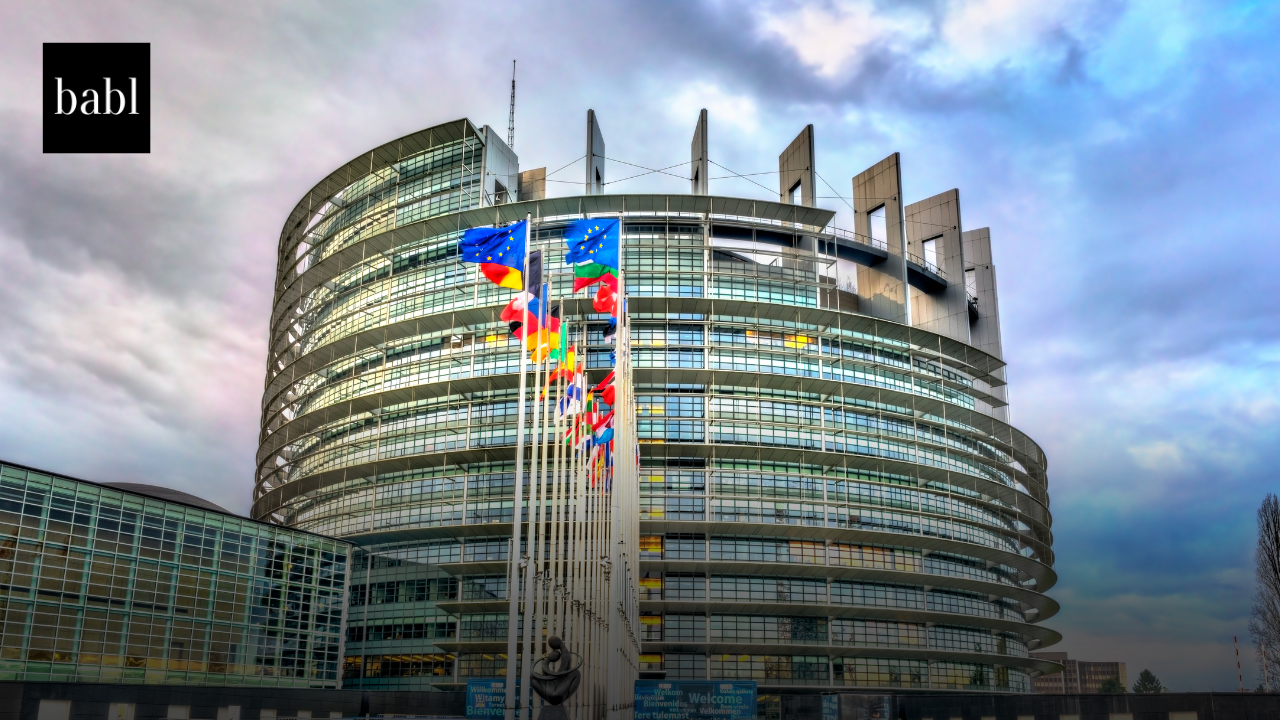UPDATE — AUGUST 2025: The Council of Europe’s Framework Convention on Artificial Intelligence, Human Rights, Democracy, and the Rule of Law (CETS No. 225) has crossed the ratification threshold and will officially enter into force on November 1, 2025. The treaty has been ratified by countries including the UK, France, and Norway, with more states preparing to follow. Signed by the EU, the U.S., and other non-European nations, the treaty is emerging as the first binding global agreement on AI. Its designed to safeguard human rights and democratic values while complementing regional frameworks such as the EU AI Act. Its global influence is already shaping discussions at the UN, where a draft AI Global Accord is expected later this year.
ORIGINAL NEWS STORY:
Council of Europe Opens Historic AI and Human Rights Treaty for Signatures
The Council of Europe has opened the Framework Convention on Artificial Intelligence, Human Rights, Democracy, and the Rule of Law for signatures. The event took place during a Conference of Ministers of Justice in Vilnius, marking a pivotal moment for AI governance. This convention is the first legally binding international treaty designed to ensure AI systems align with human rights, democratic values, and the rule of law.
Global Participation Reflects Broad Support
Several Council of Europe member states, including Andorra, Georgia, Iceland, Norway, the Republic of Moldova, San Marino, and the United Kingdom, signed the agreement alongside non-member states such as Israel and the United States, as well as the European Union. The diverse signatories demonstrate the treaty’s global reach and shared commitment to addressing the risks AI poses to rights and governance.
A Framework for Human Rights in the AI Era
Council of Europe Secretary General Marija Pejčinović Burić said the treaty ensures AI serves society responsibly. “We must make sure that the rise of AI upholds our standards, rather than undermines them,” she said. “The Framework Convention is a strong and balanced text, built through an open and inclusive process that benefits from diverse expertise.” Burić expressed hope that more nations will quickly follow. She described the convention as “open and global in reach,” aiming for broad participation and fast ratification so it can enter into force soon.
Scope and Structure of the Treaty
The Framework Convention provides a comprehensive legal framework covering every phase of the AI system lifecycle—from design and development to deployment. It promotes innovation while mitigating risks to human rights, democracy, and accountability. Importantly, the convention is technology-neutral, meaning it remains relevant even as AI evolves. This approach helps the treaty stay relevant. It can adapt to emerging technologies without constant amendment.
How the Treaty Was Developed
Adopted by the Council of Europe Committee of Ministers on May 17, 2024, the treaty reflects years of negotiation among the Council’s 46 member states, the European Union, and 11 non-member countries, including the U.S., Canada, Israel, and Japan. Representatives from industry, academia, and civil society also contributed as observers, ensuring a balanced, inclusive process.
Ratification and Entry Into Force
The convention will enter into force once at least five signatories, including three Council of Europe members, ratify it. It will take effect on the first day of the month following a three-month period after the fifth ratification. Any country worldwide—not just Council of Europe members—can join the Framework Convention. This open eligibility strengthens its potential to set universal standards for AI governance, reinforcing accountability and human rights protections worldwide.
Need Help?
If you’re navigating the growing number of global AI regulations, reach out to BABL AI. Their Audit Experts can offer valuable insight, and ensure you’re informed and compliant.





